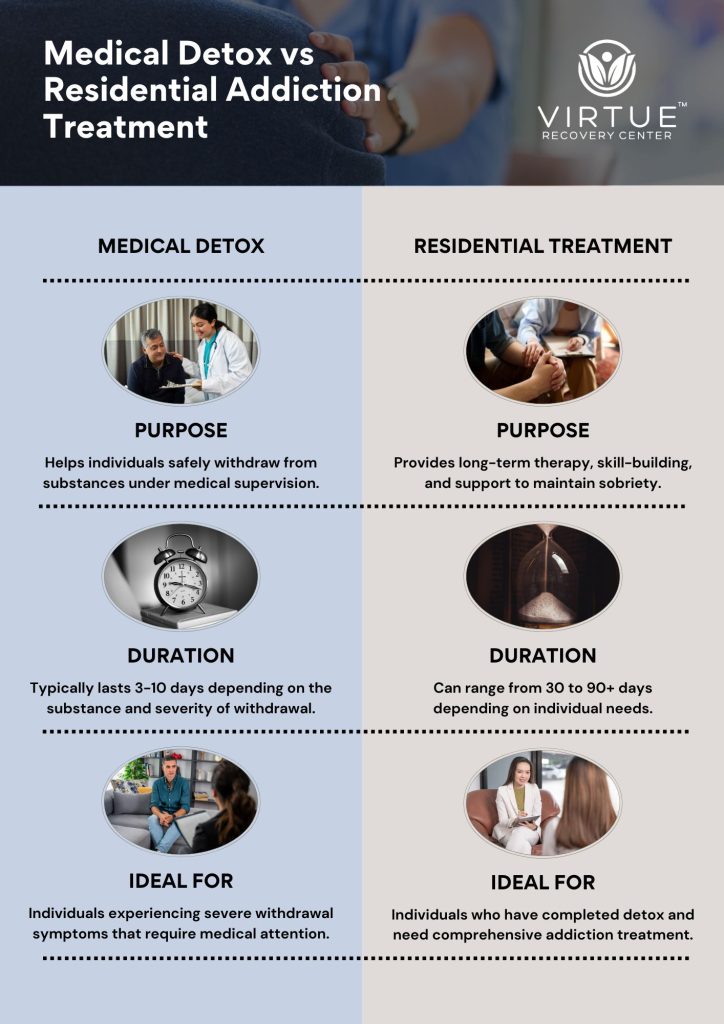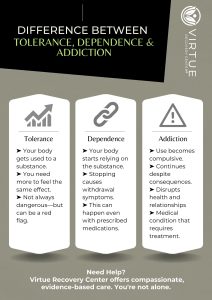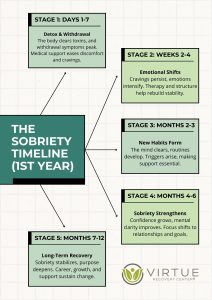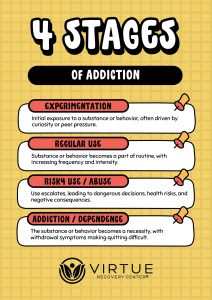Key Takeaways
- Detox and rehab serve different but essential roles in addiction treatment.
- Detox programs focus on managing withdrawal symptoms under medical supervision.
- Residential treatment provides long-term care to address the psychological aspects of addiction.
- Choosing between detox and residential treatment depends on the severity of addiction and individual needs.
Introduction
Recovering from substance abuse is a journey that involves different levels of care. The two most common forms of addiction treatment are detox and residential treatment rehab. While both play critical roles in recovery, they serve different purposes.
Detox programs help individuals safely remove substances from their bodies while managing withdrawal symptoms under medical supervision. However, detox alone is not enough to address the behavioral and emotional challenges of addiction.
Residential treatment focuses on long-term healing, offering therapy, support, and skill-building in a structured environment. Understanding the difference between detox and residential treatment can help individuals choose the best treatment path for a successful recovery.
What Is Detox?
Detox is the first step in substance abuse treatment for many individuals. It is designed to help the body remove drugs or alcohol while managing withdrawal symptoms. During this phase, the focus is on physical stabilization rather than therapy or long-term recovery planning.
Withdrawal symptoms vary depending on the substance, duration of use, and the individual’s overall health. Common symptoms include nausea, sweating, anxiety, and cravings. In cases of severe addiction, withdrawal can cause life-threatening complications, such as seizures or heart problems. That’s why medical supervision is critical during detox.
A detox center provides a safe environment where individuals receive medications, hydration, and emotional support to ease discomfort. The process typically lasts between 3 to 10 days, depending on the substance and severity of withdrawal.
While detox is an essential part of addiction treatment, it does not address the underlying causes of addiction. Without ongoing treatment, individuals are at a high risk of relapse. That’s where residential rehab comes in.
What Is Residential Treatment?
Residential treatment provides a structured environment where individuals stay at a treatment facility for an extended period. Unlike detox, which focuses on physical withdrawal, residential rehab addresses the mental, emotional, and behavioral aspects of addiction.
In residential treatment, individuals participate in:
- Individual therapy to explore personal triggers and emotional challenges.
- Group therapy to build peer support and share experiences.
- Holistic treatments like meditation, fitness, and nutrition for overall well-being.
- Relapse prevention planning to develop coping strategies for long-term sobriety.
Residential programs typically last 30 to 90+ days, depending on the severity of the addiction and individual progress. The longer duration allows individuals to build healthy habits, strengthen their support system, and develop tools for maintaining long-term sobriety.
Unlike outpatient programs, where individuals return home each day, residential treatment provides 24/7 care, which can be crucial for those struggling with severe addiction or co-occurring mental health conditions.
Key Differences Between Detox and Residential Treatment
Both detox and rehab play essential roles in recovery, but they serve different purposes. Below is an infographic comparing medical detox vs. residential addiction treatment:

Purpose
Detox helps individuals safely withdraw from substances under medical supervision, ensuring a controlled and comfortable process. Residential treatment, on the other hand, provides long-term therapy, skill-building, and emotional support to maintain sobriety.
Duration
Detox typically lasts 3 to 10 days, depending on the severity of withdrawal and the substance used. Residential treatment is a longer commitment, usually 30 to 90+ days, allowing individuals time to heal and develop recovery skills.
Ideal Candidates
Detox is ideal for individuals experiencing severe withdrawal symptoms who need medical attention. Residential rehab is designed for those who have completed detox and need comprehensive addiction treatment to stay sober.
Which Treatment Option Is Right for You?
Choosing between detox and residential treatment depends on several factors, including the severity of addiction, medical history, and personal recovery goals.
Consider detox if:
- You are experiencing severe withdrawal symptoms and need medical monitoring.
- You are using substances that cause dangerous withdrawal effects, such as alcohol or opioids.
- You need short-term stabilization before moving into a rehab program.
Consider residential treatment if:
- You have completed detox and need ongoing treatment to maintain sobriety.
- You have struggled with relapse in the past and need a structured environment.
- You need therapy and behavioral support to address the emotional aspects of addiction.
For many individuals, a combination of detox and rehab offers the best path to lasting recovery.
Conclusion
Both detox and residential treatment rehab are crucial steps in the recovery process. While detox focuses on clearing substances from the body, residential treatment provides the tools needed for long-term sobriety. Choosing the right treatment center and following a structured treatment plan can help individuals overcome addiction and rebuild their lives.
If you or a loved one is struggling with addiction, help is available. Contact Virtue Recovery Las Vegas at 866-520-2861 to learn more about treatment options and take the first step toward lasting recovery.
FAQs
What’s the difference between inpatient and residential treatment?
While both involve staying at a treatment facility, inpatient treatment is more intensive and short-term, while residential rehab provides long-term support and therapy.
Is detox required before entering rehab?
For individuals with severe addiction, detox is often necessary before starting a residential treatment program to ensure a safe and stable transition.
How long does residential treatment last?
A residential program can last anywhere from 30 to 90+ days, depending on individual needs and progress.
Can I do detox at home?
Attempting to detox alone can be dangerous, especially for those withdrawing from alcohol or opioids. Medical supervision is recommended to manage symptoms safely.
Resources
https://nida.nih.gov/publications/drugs-brains-behavior-science-addiction/treatment-recovery
https://www.webmd.com/mental-health/addiction/addiction-detox-what-to-know
https://www.cdc.gov/overdose-prevention/treatment/index.html












